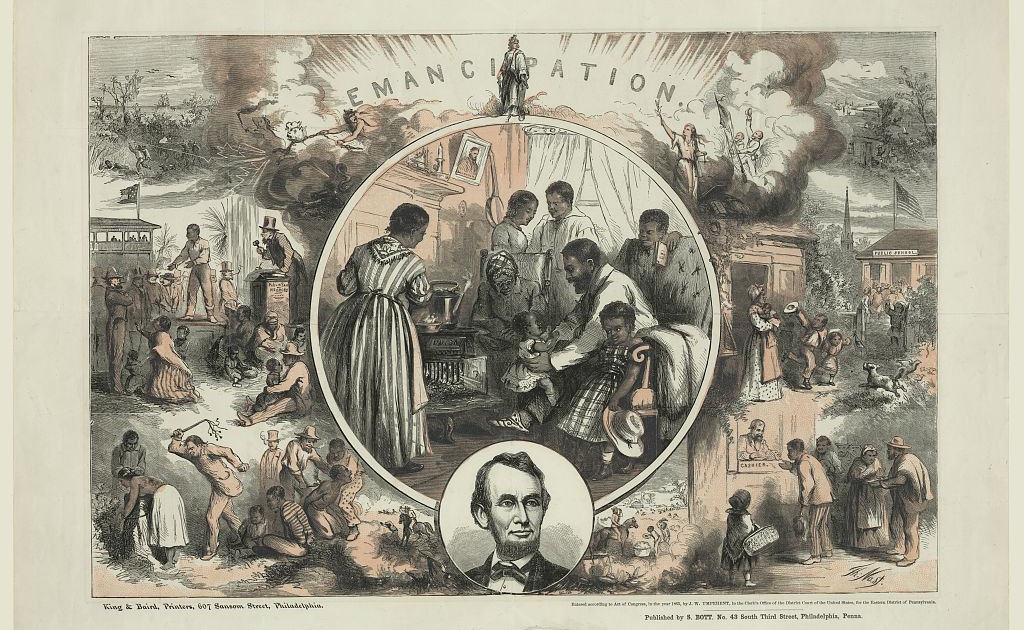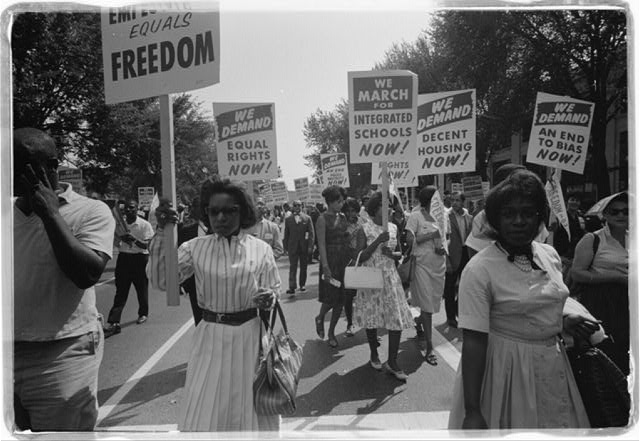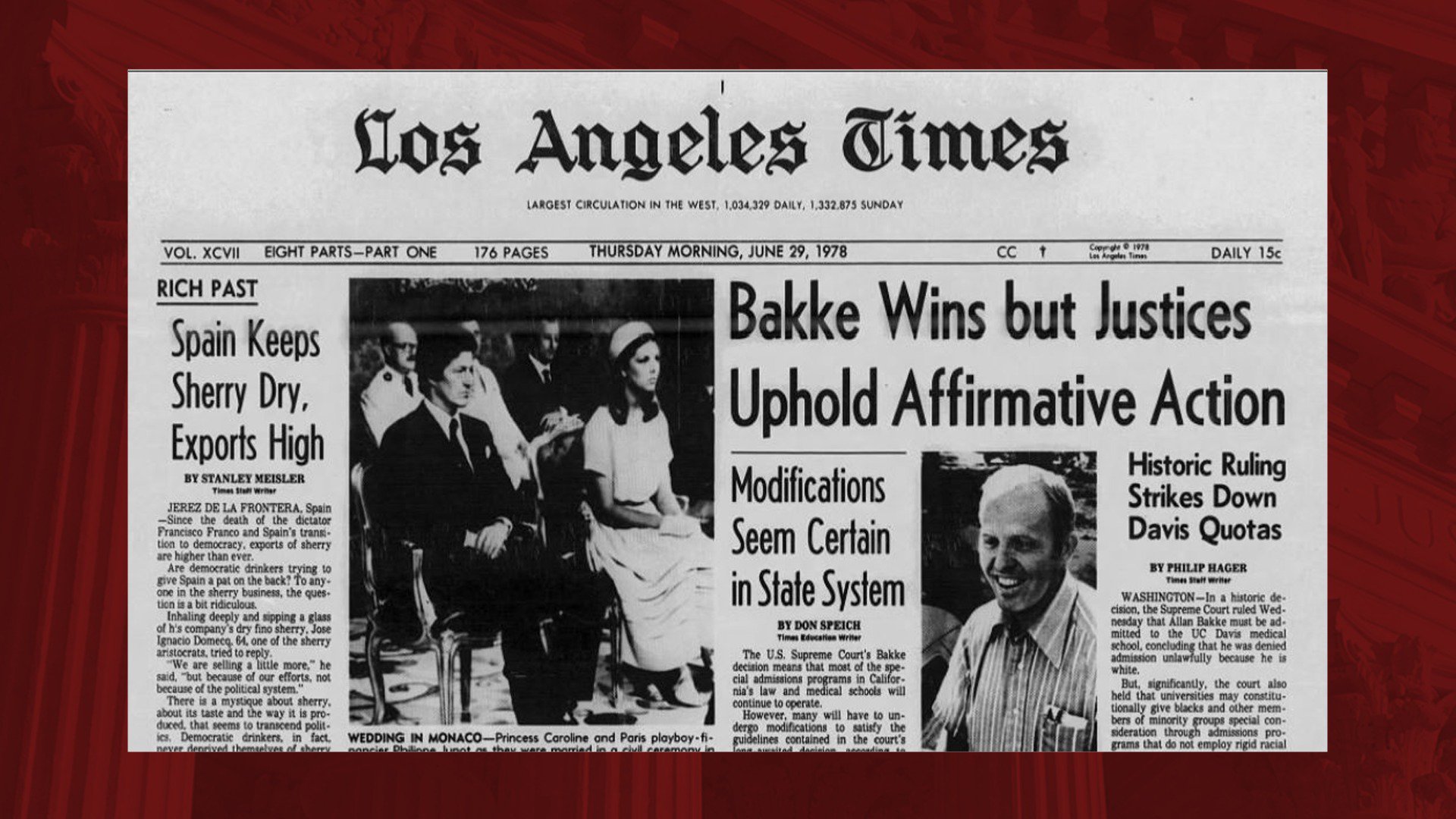Reconstruction was a time that America could finally become the land of freedom, it left a legacy of hope, yet a legacy of violence. A television show on PBS, "The American Experience" touches on the the history of the Reconstruction Era, a long misunderstood chapter of American history. The episode, "Reconstruction: America After the Civil War," highlights not only how this era showed progress for African Americans, but also the amount of resentment and stubbornness that ultimately refused these people to be free citizens.
The Emancipation Proclamation declared by President Lincoln announced that all enslaved people in the states shall be forever free. But, if you think about the future, this isn't entirely what happened. Instead, the Emancipation Proclamation was just the beginning of the story to this Reconstruction Era.
On April 9th, 1865, Confederate General Robert E. Lee surrendered to Union General, Ulysses S. Grant, finally signalizing the end of the civil war, and what was thought to be the end of the slavery in the United States of America. On the surface, Reconstruction meant restoring the rebel states to the Union. What was noted in the episode was what the post war had to confront, and that is as follows, "Who is a citizen?" and "What rights do they have?"Only a few days following the conclusion of the war, John Wilkes Booth shot and assassinated President Abraham Lincoln. Hours after his death, the southern democrat Vice President, Andrew Johnson was sworn into office. Even though Johnson grew up as a poor southerner, his new realm of power didn't stop him from being shy.
The Freedmen's Bureau was one agency that was created to make sure local courts treated blacks fairly. One of its major factors was the open land it could give to the freedmen. Ultimately though, Johnson shut this down, as the Republican party became more and more worried that Johnson was greatly undermining the results of the war.
2 things mentioned in the episode that the Confederacy was all about was slavery. The main message here was that slavery was the cornerstone of their civilization. First off, they said that slavery, should in fact, be perpetual. And secondly, if the nation were to expand, slavery should go with it.In November of 1865, the Black Codes, a set of oppressive laws only applying to African Americans was passed into law. The laws recognized that slavery had been abolished, yet there shall still be very little change from slavery to freedom.
The following year, Congress overrode the veto of the President, passing into law the Civil Rights Act of 1866; this was their answer to the Black Codes.Finally, the episode ended with talk of the 14th Amendment. The Amendment that stated, "all persons born or naturalized in the United States are citizens, and guarantees them 'equal protection of the laws' under both state and federal jurisdictions."
Overall, I really enjoyed watching this episode of Reconstruction. I was able to learn a lot of new information, both displaying the positive and negatives of this time period. The visuals and diction of not only the show but the people interviewed during the show was very powerful and definitely left an impact on me.






No comments:
Post a Comment